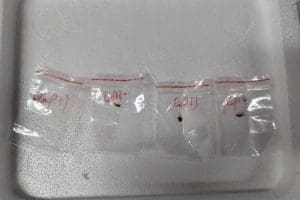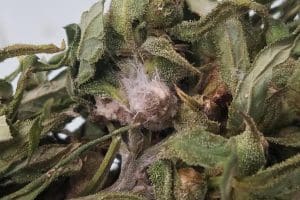Chinese Researchers Accused of Smuggling Dangerous Crop Fungus into U.S.
WASHINGTON, D.C. — Two Chinese researchers, romantically involved and working in science, are facing serious federal charges after allegedly conspiring to smuggle a potentially devastating crop-killing fungus, Fusarium graminearum, into the United States.
According to the FBI, Yunqing Jian, 33, a University of Michigan researcher with ties to the Chinese Communist Party, and her boyfriend, Zunyong Liu, 34, of Zhejiang University, coordinated the transport of the pathogen, which can severely damage wheat, corn, barley, and rice.
Liu was intercepted at Detroit Metropolitan Airport in July 2024 with concealed samples of the fungus in plastic baggies and coded filter paper. He initially denied knowledge of the items, later admitting he planned to research the samples in Jian’s lab. The pair had discussed smuggling methods over Chinese messaging app WeChat, including hiding samples in shoes.
The FBI alleges this is a case of potential agroterrorism, as manipulated strains of the fungus could be weaponized to resist treatment or become more virulent. The U.S. Department of Agriculture estimates Fusarium graminearum already causes $200–400 million in crop damage annually, but a genetically enhanced strain could inflict far greater harm.
Jian and Liu are charged with conspiracy, smuggling goods, false statements, and visa fraud. Liu remains at large with a federal warrant, while Jian was detained and is awaiting a detention hearing. Authorities also found evidence of Jian’s loyalty pledge to the Chinese Communist Party and potential coordination with Liu’s institution.
National security officials and lawmakers, including Sen. Joni Ernst and House Intelligence Chair Rick Crawford, say the case highlights growing threats from China, calling the fungus a “potential bioweapon” and emphasizing the need for heightened agricultural biosecurity.
Despite the fungus being endemic in the U.S., experts say any tampered or genetically modified strain could lead to catastrophic consequences for American agriculture.



